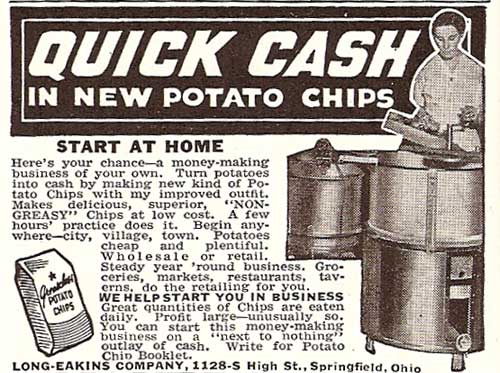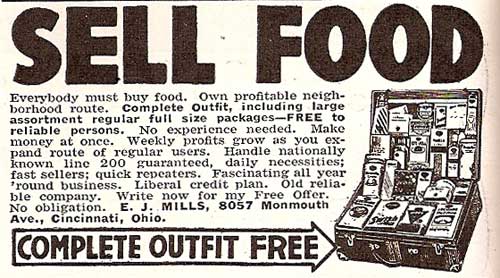
|
|
|
Sitting outside on a summer evening at a Dunn Brother's coffee shop next to a jewelry store.
If you're curious where your host spends Saturdays, drive that map south on York, and you'll see the bottle shop, the Walgreen's, the Target, and all the other unremarkable staples of the Saturday stock-up bonanza. My view at present, with my beloved Element:
Suburbia. Three people at the adjacent table are puzzling over a loan application to buy a ring, and it is apparent they should not be borrowing money to buy a ring. They're trying to cobble together a good story. The young man who's filling out the application is jackhammering his right leg up and down, as if it's a pump on a money well. People do like dog pictures. Here's Jasper sitting outside yesterday, surveying his domain.
Carlin died. If there was anyone who’d wonder why we couldn’t speak ill of the dead, it would have been Carlin. Why not? They can’t hear us. No feelings to hurt. It’s okay to call them a blankety-blank while they’re alive, but the rules change when they stop breathing? How about Jesus? When he came back, did his disciples say “gosh, fellas, that’s a relief, now I can start griping about his management style again.” Being dead is a perfect time to speak ill of someone. Funerals should be all about speaking the truth, good or ill. They're just words. Get it off your chest. Get the words off your chest. It’ll kill you if you don't. And then people will want to say gosh, Bob, he carried around too much rage – but they won’t, because, well, you know. Can't speak ill of the dead. I can imagine him saying something like that, although funnier, of course. If you drive around listening to the comedy channel on satellite radio a lot, you spend a lot of time with Carlin. There were three of them – the early, traditional stand-up who had a weird-guy edge hanging around the margins of his delivery; the “counter-culture” guy whose album cover taught us all how to pretend to stick our finger up our noses, and the preachy, self-important Teller of Truths who eventually traded comedy for Social Commentary, and always seemed about one blow on the head away from reading Warren Commission transcripts on stage. Today I read an obit that consisted entirely of the seven naughty words you can’t say on TV, and was surprised to see that they still looked shocking – at least on that site, which never uses any of them. Context still matters. I wonder how much of Carlin’s righteousness came from the fact that you couldn’t use the words, and whether he would have been equally infuriated if they’d said you shouldn’t use them. Probably. It wasn’t the ban as much as the hypocrisy that annoyed, I suspect, and he was one of those people who found hypocrisy to be tremendously revealing. If a word is spoken in private, it should be spoken in public. Said one obit: “he Manhattan-born comedian always said his often-cynical satire simply reflected his real-life disdain for mankind's greed, stupidity and inconsideration." Some projection there, perhaps. I never heard Carlin be as hard on himself as he was on his favorite strawmen. That wasn’t his job, of course, and you can’t fault him for the routines he didn’t do. But the more you confront and accept your own human faults the less outrage you find in the small mishaps of others, and I never got the feeling Carlin spent a lot of time interrogating his own character with the same confident derision he brought to things much greater than himself. As I said, I listen to a lot of comics on the satellite channel; half are banal and profane and occasionally funny, a few are Angry Critics whose words shrivel and die without the hoots and whoops of the audience - and then, every so often, you get the blessed ration of Mitch Hedberg - stoned, goofy, sweet, doomed, and insanely hilarious. So how did I feel when I heard the news? Felt sad. Still do.
Today's ads: make money the old-fashioned way, by slaving over drums of spitting oil all day:
The Long-Eakins Company sold a few other machines as well, but appears to have started life as a candy company. If you can find a common theme among successful entrepreneurs, it's the ah-hah moment when they had an epiphany about human behavior. In this case: Everybody must buy food. Of course! So how can I turn this into profit? I know!
If all this seems a bit much, you can aim lower. Really lower:
Even the ad looks like a mushroom, small and flat on the bottom of the page.
New Comics, here. Blogging all day at buzz.mn. See you there!
|
||||||||||||||||||||||||||||
|
-30-






